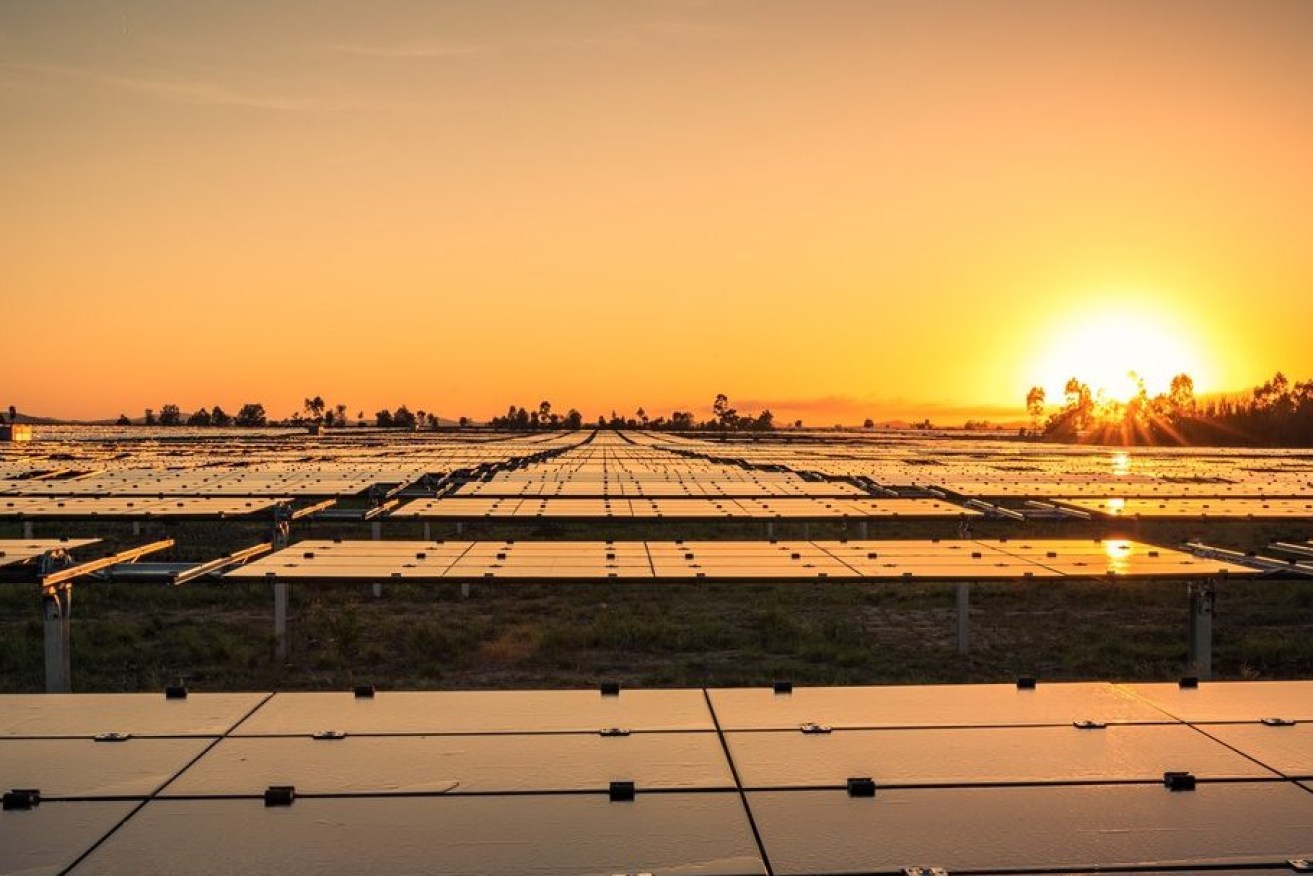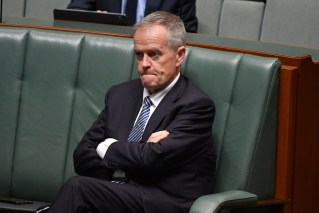Losing our lifeline: Qld faces free-fall as energy prices in record plunge
Queensland’s coal and energy sector has plunged, with coal prices at levels not seen in years and LNG likely to lose billions in exports as electricity demand collapses around the world.


The collapse in prices will hit regional Queensland hard but also has implications for the Queensland Government which receives billions of dollars each in royalty income.
But it will also dramatically impact global CO2 emissions which were anticipated to fall by almost 8 per cent in 2020, reaching their lowest level since 2010.
“This would be the largest decrease in emissions ever recorded – nearly six times larger than the previous record drop of 400 million tonnes in 2009 that resulted from the global financial crisis,” the IEA said.
The IEA said renewables were set to be the only energy source that would grow in 2020, with their share of global electricity generation projected to jump thanks to their priority access to grids and low operating costs.
“After overtaking coal for the first time ever in 2019, low-carbon sources are set to extend their lead this year to reach 40 per cent of global electricity generation – 6 percentage points ahead of coal. Electricity generation from wind and solar PV continues to increase in 2020, lifted by new projects that were completed in 2019 and early 2020.
It said the COVID-19 pandemic represented the biggest shock to the global energy system in more than seven decades, with the drop in demand this year set to dwarf the impact of the 2008 financial crisis.
According to Westpac, Queensland’s hard coking coal prices have fallen 39 per cent in three months to about $US90 a tonne as steel demand collapsed. Thermal coal from Newcastle (which is a benchmark price) is down 21 per cent.
Those prices would make many of Queensland’s mines unprofitable and were well below conservative Queensland Budget forecasts of $US156 a tonne for hard coking coal and $US90 a tonne for thermal coal.
Global oil prices are at 20-year lows, affecting LNG prices and the upstream coal seam gas sector that has a significant economic impact in regional Queensland.
The fall in prices and demand has already flowed through to the regions with Origin announcing a cutback in upstream capital spending of up to $400 million and Australian LNG exports are predicted to drop by as much as $20 billion.
RBC Capital Markets said LNG markets would weaken over the near term as oil indexation lags in contractual pricing mechanisms imply contracted LNG prices will fall sharply from $US8-9/mmbtu (million British thermal unit).
“Asian spot LNG prices recently hit record lows of $US2/mmbtu. Additionally, contractual LNG sales volumes are expected to fall as buyers exercise downward quantity tolerance volumes, typically a 10 per cent reduction from normal levels.
“Key Asian LNG buyers may seek and gain contract deferrals.”
“Both global and local energy companies have been caught off guard by the chain of events that have led to the significant pullback in oil pricing that transpired through the first quarter and spilled over into the second quarter of this year.
“Companies that failed to follow prudent balance sheet management and were highly levered, or dependant on the next capital raise to fund their very existence going into this event, are now paying a hefty price, while those with solid balance sheets and relatively strong levels of free cash flow are now forced to focus on cost reductions and capital preservation at the expense of investment in growth.”












